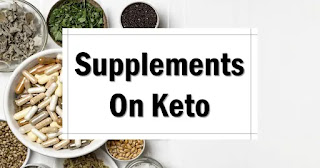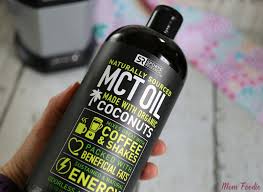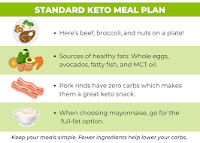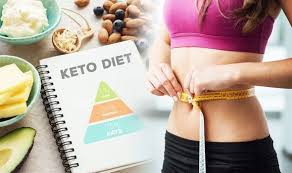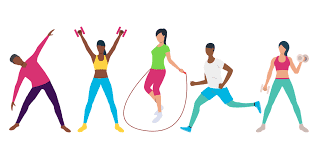We've talked a lot about the Keto diet on this blog, but you may have missed one or two of the important posts. The one called, "10 Potential Reasons Why Someone May Want to Start a Ketogenic Diet" is very important to read.
What Are Keto Supplements and Why They're Good
The ketogenic (keto) diet has gained immense popularity in recent years, primarily for its potential weight loss and health benefits. As with any diet, ensuring that you receive all the necessary nutrients can be a challenge. This is where keto supplements come into play. But what exactly are keto supplements, and why are they beneficial? What are Keto Supplements?
Keto supplements are products designed to support individuals on the ketogenic diet. They can range from vitamins and minerals to exogenous ketones and MCT oils. These supplements aim to fill any nutritional gaps, boost energy levels, and help the body transition into and maintain a state of ketosis.Benefits of Keto Supplements
Filling Nutritional Gaps: The keto diet restricts certain food groups, which can lead to potential deficiencies in nutrients like magnesium, potassium, and calcium. Keto supplements can help replenish these essential minerals, ensuring that your body functions optimally.Supporting Ketosis:
Exogenous ketones are a popular keto supplement. They provide the body with an external source of ketones, which can help individuals transition into ketosis more quickly and maintain this metabolic state, especially if they've consumed more carbs than recommended.
Boosting Energy:
MCT (Medium Chain Triglyceride) oil is another favored supplement among keto dieters. It's quickly absorbed and converted into energy, providing an instant boost. This can be particularly beneficial during the initial stages of the diet when energy levels might dip.
Improving Mental Clarity:
Many keto dieters report enhanced mental clarity and focus. Supplements like exogenous ketones and MCT oil can contribute to this benefit by providing the brain with an alternative energy source.
Aiding Digestion:
A sudden shift in diet can sometimes lead to digestive issues. Supplements containing fiber or digestive enzymes can help support gut health and ease any discomfort.
Supporting Muscle Health:
The keto diet can sometimes lead to muscle cramping due to the loss of minerals like potassium and magnesium. Electrolyte supplements can help counteract this, supporting muscle function and recovery.
Should Everyone on the Keto Diet Take Supplements?
While keto supplements offer numerous benefits, they aren't necessary for everyone. It's essential to listen to your body and consult with a healthcare professional or nutritionist to determine your specific needs. Remember, while supplements can provide support, the foundation of the keto diet should always be whole, nutrient-dense foods.
Here is a link to Amazon's list of best Keto supplements to look at. (affiliate link)
Keto supplements can be a valuable tool for those on the ketogenic diet, offering support in various areas, from filling nutritional gaps to boosting energy and mental clarity. As with any supplement, it's crucial to do your research, choose high-quality products, and consult with a professional to ensure you're making the best choices for your health.
